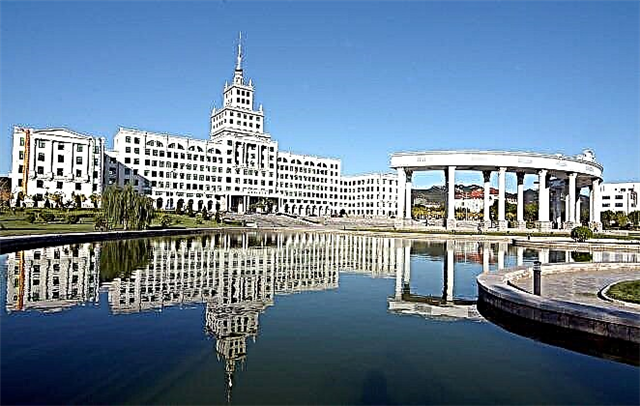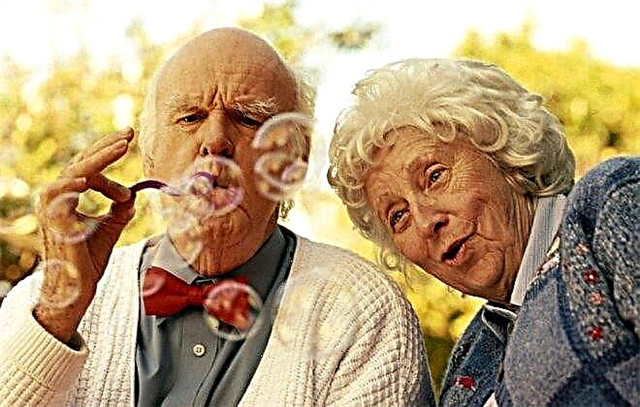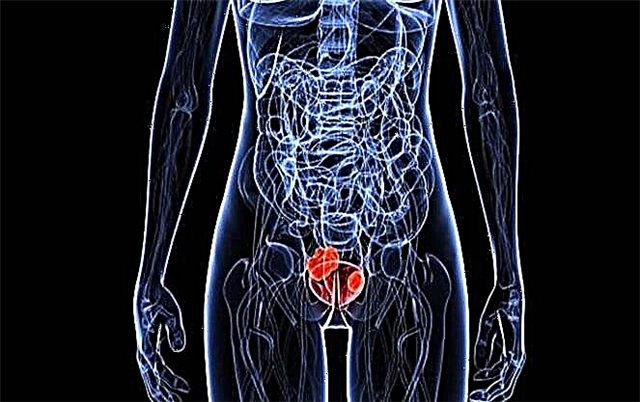Oncological diseases are becoming more common all over the world, but cancer in our time is not a death sentence. Especially if you start treatment in time in German clinics, which are considered world-class leaders in the fight against oncology. Cancer of the breast, stomach, lungs, like many other types of diseases of this type, are successfully treated, patients can prolong life and improve its quality. Treatment of bladder cancer in Germany is also reaching a new level, so at any stage you can get qualified help here and alleviate the patient's condition.

Causes and symptoms of bladder cancer
According to experts, the main causes of the disease are smoking, constant contact with harmful chemicals, chronic cystitis, and some parasitic diseases.
There are 3 main types of bladder cancer:
- transitional cell - the most frequent;
- squamous;
- lymphoma, adenocarcinoma are the most rare.
Experts distinguish several stages of the course of the disease.
- Stage 0: cancer cells appear in the bladder, but they are compact and do not grow into other layers of the organ. At this stage, a 100% cure is possible.
- Stage I: the tumor spreads to the deeper layers of the organ. With adequate treatment, recovery is also one hundred percent.
- Stage II. The muscle layer is affected. The chances of recovery are 63-83%.
- Stage III. The neoplasm extends beyond the organ and the serous membrane, reaches the fatty layer, often spreads to the external genitalia, uterus, and prostate. With effective treatment, the cure rate is approximately 20-50%.
- Stage IV. Lymph nodes are actively involved in the process, metastases appear in the liver and lungs. The likelihood of cure is practically zero, the ability to live at least 5 years is less than 20%.
Methods for the diagnosis of bladder cancer in Germany
Medicine in Germany has reached such a high level that modern diagnostic methods make it possible to identify oncology even in the early stages, when the symptoms of the disease did not appear.
- Diagnosis begins with an examination by a doctor at the clinic and general appointments.
- Analyzes. In the blood, anemia can be detected, in the urine, the presence of cancer cells.
- An ultrasound is done in conjunction with an ultrasound of the kidneys, as blood in the urine can be a sign of kidney disease.
- A test for the presence of a special protein - a tumor marker that produces a neoplasm.
- Cystoscopy. Helps to see the tumor and take a biopsy for tissue analysis.
- Computed tomography helps to clearly see where the tumor is located, whether there are metastases.
- Urography is an X-ray contrast examination that detects signs of cancer.
- Cytodiagnostics - examination of tissue samples with damage to the lymph nodes.

Such a detailed examination of the patient makes it possible to identify the disease and prescribe the appropriate treatment at almost any stage. A specialist in neurogenic changes in the bladder is involved in the examination in order to exclude a pathology similar in symptoms.
Treatment methods
Depending on the diagnostic data, one of the treatment methods or their complex combination is used.

- Surgical intervention. The operation brings the maximum effect in the early stages of the disease. German doctors mainly use sparing methods, in particular, endoscopy: removal of a malignant tumor, resection of the bladder, when only the affected part is removed, or complete removal of the diseased organ.
- Chemotherapy inside the bladder. It is carried out after surgery for a large tumor in the last stages of the disease. The medicine is injected directly into the bladder with a catheter.
- Photodynamic therapy. The tumor is destroyed by oxygen and its forms, a more gentle method than surgery.
- Immunotherapy. With this technique, the immunity is activated by drugs. Radiation therapy. It is used not as an independent method, but in combination with other activities.
- Laser vaporization. The laser removes the tumor bloodlessly, the intervention takes place through the endoscope.
How does rehabilitation work?
After the operation and complex treatment, the patient is helped to recover by doctors, physiotherapists, and nursing staff. The rehabilitation period is at least 2 weeks in the clinic.
When the bladder is completely removed, a new reservoir is formed, which is either sutured to the natural urinary tract, or a tube is brought out to the anterior wall of the peritoneum. The excision and incision sites must heal under the supervision of a physician. Sessions of medicinal and physiotherapy, procedures for rinsing an artificial reservoir are carried out.
Even in the clinic, the patient is taught how to use the new reservoir correctly and empty it on time. If the instructions are followed correctly, patients can subsequently travel, play sports, without fear of relapse.
What is the cost of treatment
The cost of the procedures performed depends on the property of the clinic, the stage of the disease, the type of malignant tumor, so we give the average figures. Prices are about the same as for gallbladder cancer treatment. They may differ from those that they will tell you in practice, but we give approximate figures that you can focus on if you have decided to undergo treatment in Germany.
- Laboratory research - 220-430 euros.
- Ultrasound of the bladder - 250 euros.
- Cystodiagnostics - 300 euros.
- Cystoscopy and biopsy - 700 euros.
- PET / CT on average - 2500 euros.
- Cystectomy - 20,000-27,000 euros.
- Chemotherapy - 1,500-3,500 euros.
- Immunotherapy - 2900-3600 euros.
- Radiation therapy - 2,000-10,000 euros.
- Laser vaporization - 3,500 euros.
What is needed for treatment
If you have decided to undergo treatment in Germany, you must first of all find a suitable institution where you can be provided with qualified medical care according to the profile of your disease. Contact him using the contacts on the Internet. By paying an advance, you will receive a call. With this challenge, you can go to open a visa to Germany.
You will need a passport and a Schengen visa. As a rule, a medical visa is issued for treatment, which can be obtained faster.
Collect the necessary package of documents for opening a visa and go with it to the German consulate in your district. You will definitely need an internal passport, tickets to Germany, a certificate from work, a bank statement that confirms your ability to pay for treatment and accommodation in Germany - you must have at least € 100 per day. At the consulate, you will need to present a passport, an invitation from the clinic, a health insurance policy for € 30,000.
Read more on how to open a visa for treatment in Germany.
Clinics in Germany where bladder cancer is treated
In Germany, there are urology departments in most university hospitals that can help you with the treatment of bladder cancer. The most popular are the following medical institutions:
- Academic clinics of the University of Hamburg (Asklepios). Eißendorfer Pferdeweg 52 21075 Hamburg Germany
- University Hospital Dusseldorf. The President`s Office Building 16.11 Universitätsstrasse 1 40225 Düsseldorf
- Academic Hospital Solingen. Gotenstraße 1, 42653
- Clinic network Nord Clinic Alliance, Bremen. Hammersbecker Straße 228 28755 Bremen
- Clinic Nordwest, Frankfurt am Main. Steinbacher Hohl 2-26, 60488 Frankfurt am Main

Conclusion
Experts are sure that the basis for successful treatment of oncological diseases is turning to specialists at an early stage of the disease. German doctors are ready to provide qualified assistance of any level of complexity. A potential patient should not delay seeking help and arranging travel for examination and treatment - in the overwhelming majority of cases, we are talking about health and life.











